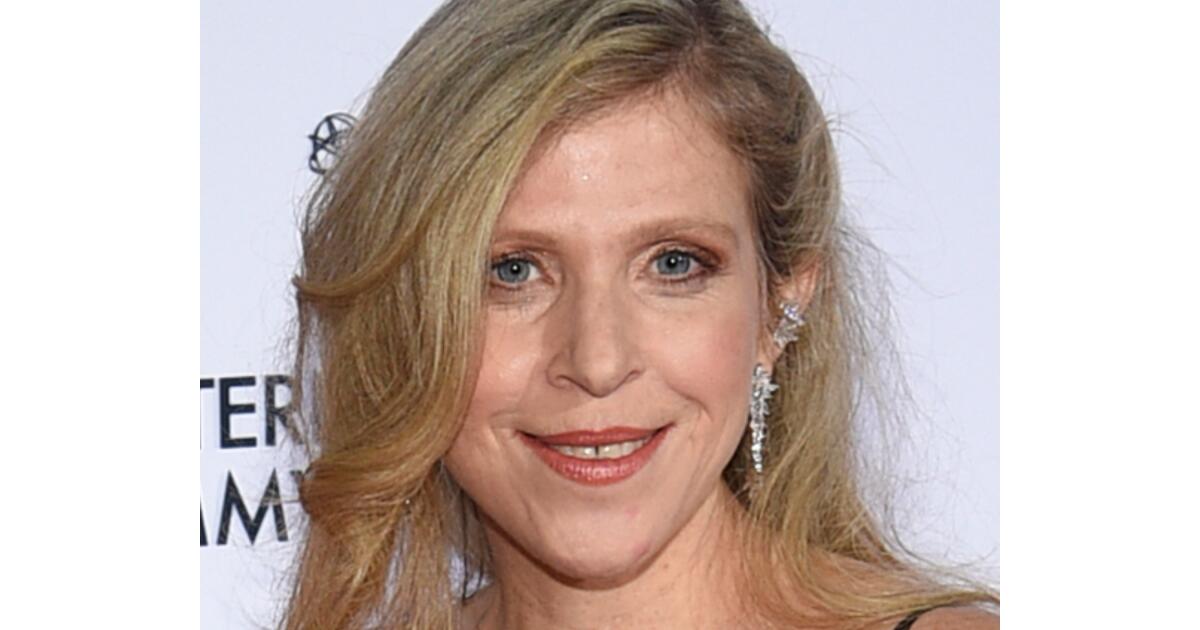Dana Eden, producer of hit Israeli TV series ‘Tehran,’ dies at 52
ATHENS, Greece — Israeli producer Dana Eden, best known for co-creating the International Emmy-winning espionage thriller “Tehran,” has died suddenly in Greece, Israeli public broadcaster KAN said Monday.
Eden, 52, was found dead in a hotel in the Greek capital, Athens, a Greek police official said, adding that initial indications suggested she had taken her own life and there was no suspicion of foul play. The official spoke on condition of anonymity as Greek police do not comment publicly in such cases.
KAN said Eden was in Greece for the filming of the hit series’ fourth season.
“Dana was among the leading figures in Israel’s television industry and played a central role in the creation and leadership of some of the most prominent and influential productions within the corporation,” KAN said in a statement. It did not give a cause of death.
“Her professional work, uncompromising dedication, and love for creation left a deep mark on the Israeli Public Broadcasting Corporation. KAN shares in the deep sorrow of her family, friends and colleagues,” the broadcaster said.
In a statement posted on its Facebook page, Eden’s production company, Donna and Shula productions, sought to dispel rumors that the producer had been killed.
“The production company wishes to clarify that the rumors of a criminal or nationally motivated death are false and unfounded,” it said.
“This is a moment of great pain for the family, friends and colleagues. We ask that Dana’s dignity and the privacy of her loved ones be respected,” the production company said.
Israel Culture and Sports Minister Miki Zohar, in a social media post on X, said it was “with great sadness” that he had received the news of Eden’s death, describing her as “one of the most prominent and influential producers in the Israeli television industry.”
“Dana left a deep mark on Israeli creation and brought our story to international stages with pride, talent and courage,” Zohar said.
“Tehran,” which premiered in Israel and on Apple TV in 2020, tells the story of Tamar Rabinyan, a young Mossad operative tasked with hacking into and disabling the Iranian nuclear reactor so the Israeli military can carry out an airstrike. The show was named best drama series at the 49th International Emmy Awards in November 2021.
Eden started working in TV production in Israel in the 1990s, working on shows including comedy “Yom Haem” and crime drama “Magpie,” before finding international success with “Tehran.”
In 2018, her show “Saving the Wildlife” won best TV magazine for children and youth at the Awards of the Israeli Television Academy.
Kantouris and Becatoros write for the Associated Press. Kantouris contributed from Thessaloniki. Matt Kemp in London contributed.
